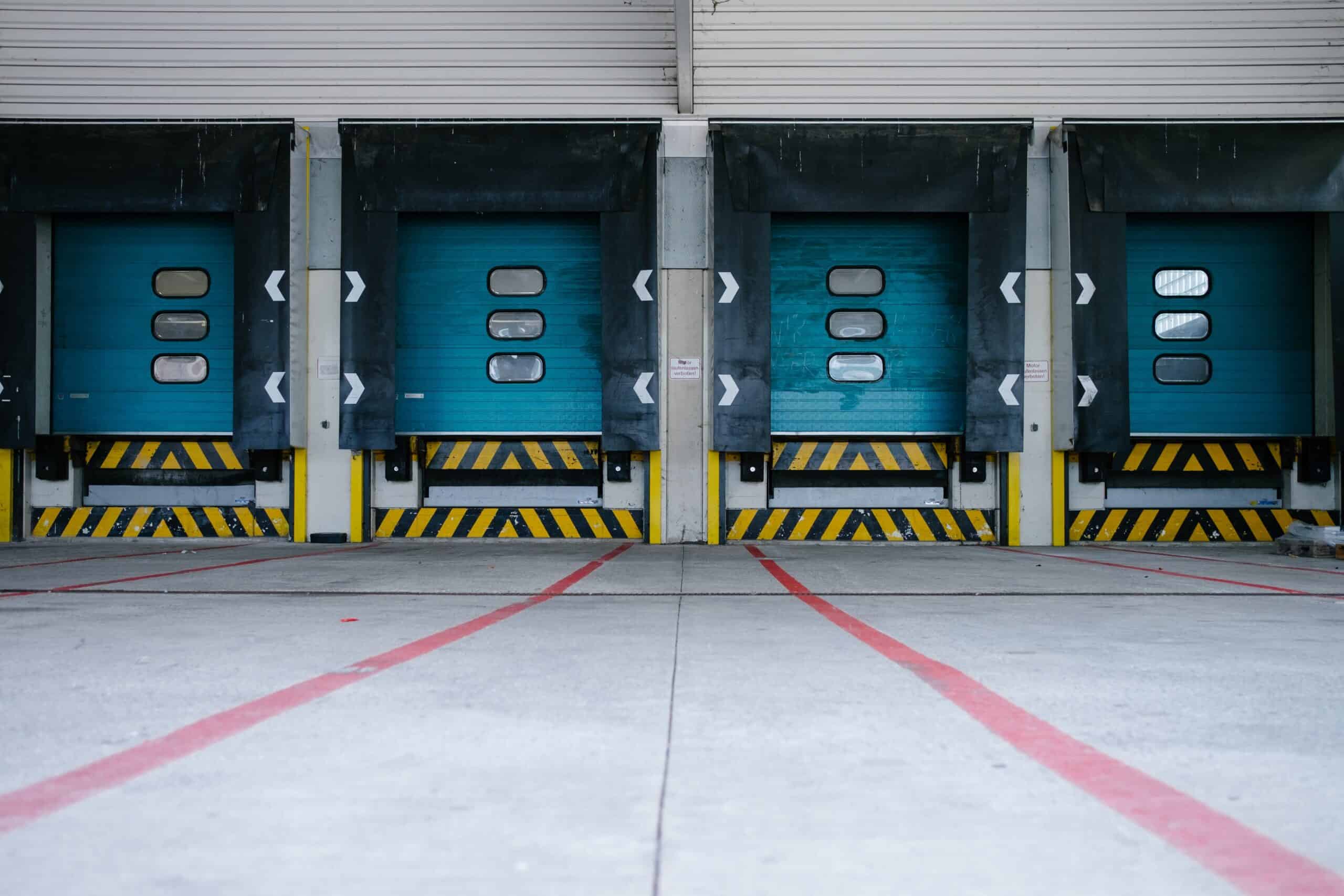Throughout the industry, you’ll commonly see the term B2B. You might be wondering what that stands for if you don’t already know. B2B refers to business-to-business, therefore B2B payments are transactions that are made between two businesses.
With the increase in technology, it’s never been easier to make payments to the businesses you work with. Long gone are the days of having to use paper checks. Instead, digital payments via electronic transfers are leading the way.
Accounting platforms help you keep track of your upcoming payments and schedule them to ensure that issuing, receiving, and processing payments are done in a flash. Let’s take a closer look at business-to-business finances.
What Is Business-to-Business Finance?
Business to business finance is a financial model where the transactions are done between two companies, not between a company and a consumer.
This applies to many trucking companies out there – even owner-operators. For example, as a trucking company you are responsible for fulfilling cargo deliveries for other companies throughout the country.
You utilize your equipment and employees to pick up the load and move it from one site to another. And when you’ve completed the job, you are paid by the business for your service. That’s a B2B sale.
How do you get paid for this sale? Simple! You send an invoice through payment tracking software like Melio directly to the company whose order you fulfilled. The company can then submit the payment back to you all electronically, making the process fast and simple.
How Do B2B Payments Work?
Long gone are the days where you used to create an invoice, mail it to your customer, and wait on the check to arrive in the mail. Now, you can send and receive payments between two companies digitally, although some companies still utilize and send paper checks.
How Are B2B Payments Different From Consumer Payments?
B2B is business to business, and B2C is business to consumer. So, with a B2B payment, one business provides a service to another and bills them to receive payment. In B2C, the business provides a product or service to a consumer, who then pays for the product.
Can B2B Payments Be Done Online?
Yes. B2B payments can be done electronically through credit card payments and bank transfers.
What Are the Most Popular Types of B2B Payments?
The most popular types of B2B payments include ACH payments, credit card payments, wire transfers, and even cash and paper checks.
Can Credit Cards Be Used in B2B Payments?
Yes. Businesses can pay their bills with a credit card as long as their vendor accepts them as a form of payment. If their vendor doesn’t accept credit, businesses can use software like Melio. With Melio, the business can pay by credit and the vendor can receive payment how they want.
What Is a B2B Payment Gateway?
A B2B payment gateway is a virtual terminal where you can request payment and/or make payments through email.
Example of a B2B Payment
An example of a B2B payment using the scenario above is this:
- The trucking company completed a cargo hauling job for a manufacturing company.
- Once the trucking company has completed the job, then add invoice details to their B2B payment gateway.
- The invoice is then automatically sent to the manufacturing company with a built-in pay-now feature.
- The manufacturing company then pays the invoice either by ACH or credit card.
- The trucking company receives the funds for the invoice and it is marked as paid in the B2B payment gateway system.
4 Considerations When Using B2B Payments
Making B2B payments online sounds pretty seamless! But before you start issuing payments to your clients, there are some things you should consider first.
Prices
The price for accepting B2B payments can vary drastically between vendors you use to accept payments and credit card processing fees. Consider what the cost is for each transaction and if the streamlined process and quicker access to your hard earned money is worth it.
Payment Methods
There are numerous ways that you can be paid by another business including ACH, credit card payments, wire transfers, checks, and cash. When you pick a B2B payment system, consider which options are available and, as mentioned above, the cost of accepting each type of payment.
Security
Your bank information and credit card information is highly confidential data. Having a secure digital platform helps keep your information private and does not put it in the hands of the wrong people. Writing a check is not as secure as a digital platform with encrypted data as your bank account number and routing numbers are there for anyone to see.
Volume and Regularity
Another thing you should consider is the amount of invoices you send and the intervals you send them in. When using a B2B service, it can help you keep track of your invoices all in one place. You can see what is outstanding, what is paid, and even make recurring invoices if you provide the same service to a client every month.
B2B vs B2C
B2B and B2C are both financial payments that can be made in the trucking industry. As mentioned in the example above, a B2B transaction can be between a trucking company and a manufacturing company.
But B2C is also possible in the industry. For example, a trucking company might provide moving services to individuals moving locally or across the country. They would invoice the homeowner directly, making it a B2C transaction between a business and a consumer or company.
Improve Cash Flow With B2B Payments
When you utilize a digital B2B payment service, you can automate and process payments much more quickly than you could with the paper and mail system. This is essential for smaller businesses who are trying to get their footing.
It allows you to easily request payment and receive the funds in your account sooner to help you keep your business flowing and have the operational funds needed to stay afloat. B2B systems also allow you to simplify your accounting into one system, so you have an immediate snapshot of what has been invoiced, what payments are outstanding, and which vendors have paid you.


